iMessage: A Gateway and Potential Core Service in the EU's Digital Markets Act

Introduction
iMessage, Apple’s proprietary messaging service, has recently become the subject of debate regarding its classification as a “core” service under the EU’s new Digital Markets Act (DMA). In a letter addressed to the European Commission, Google and a coalition of major European telecommunications companies have advocated for iMessage’s regulation as a core platform service. This classification could have far-reaching implications, potentially compelling Apple to make iMessage interoperable with other messaging services. This article explores the significance of iMessage as a gateway between business users and their customers and delves into the arguments put forth by both Google and the telecommunications industry.
iMessage’s Role in Business Communications
iMessage has gained significant popularity among users around the world, serving as a central communication tool for both personal and business interactions. For business users, iMessage is a crucial gateway that allows them to engage with their customers efficiently and seamlessly. With its robust features and user-friendly interface, iMessage enables businesses to provide real-time support, share updates, and promote products or services in a convenient manner. A regulatory focus on iMessage acknowledges its pivotal role in business communications.
The Digital Markets Act: Regulating Core Platform Services
Under the EU’s proposed Digital Markets Act, certain online platforms designated as “core platform services” would face stricter regulation to prevent anti-competitive practices. This designation would ensure fair play in the digital market, particularly by enabling interoperability between platforms that have significant market power. The inclusion of iMessage in this category would promote competition and encourage Apple to embrace interoperability with other messaging services.
Google’s Stance: advocating for RCS Adoption
Google, a major player in the messaging app space with its RCS (Rich Communication Services) platform, has been vocal about its desire for Apple to adopt RCS. With its #GetTheMessage campaign, Google aims to rally support for the cross-platform messaging standard, positioning it as the successor to SMS. Google’s senior vice-president Hiroshi Lockheimer has criticized Apple’s iMessage lock-in, citing it as a documented strategy. Lockheimer argues that Apple’s resistance to interoperability is disingenuous, considering the principles of humanity and equity the company claims to embody in its marketing efforts.
The Potential Impact: Interoperability and Fair Competition
If iMessage were classified as a core platform service, Apple would face regulatory pressure to allow interoperability with other messaging services. This would enable users to communicate seamlessly across different platforms, fostering fair competition and consumer choice. The inclusion of iMessage under stricter regulation would align with the EU’s commitment to creating a level playing field in the digital marketplace.
The Contrasting Viewpoints
While Google and the telecommunications industry advocate for iMessage regulation, some argue that government intervention in ensuring interoperability might stifle innovation. Critics suggest that Apple’s proprietary approach to iMessage is essential for maintaining the high level of security and privacy its users value. They contend that forcing interoperability may compromise these aspects and undermine the unique user experience offered by iMessage.
Conclusion: Striking a Balance
The debate surrounding iMessage’s classification as a core service under the EU’s Digital Markets Act highlights the need to strike a balance between promoting fair competition and preserving user experience and privacy. Recognizing the indispensability of iMessage as a gateway between business users and their customers, regulatory measures should be carefully designed to foster interoperability without undermining the strengths of individual messaging platforms. Ultimately, finding common ground will ensure a thriving digital marketplace while prioritizing the interests of both businesses and consumers.




